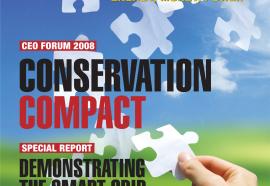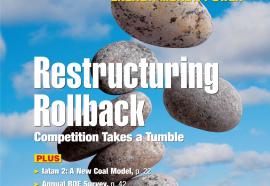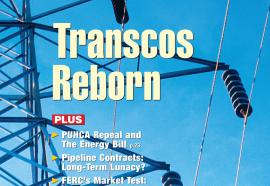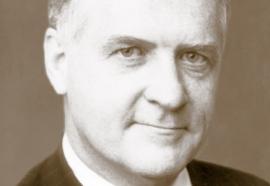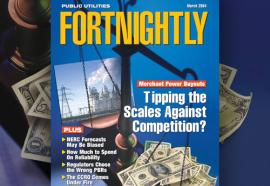Quixotic Commission?
When Spanish utility giant Iberdrola announced last June that it would acquire Maine-based Energy East for $4.5 billion, it signaled a potential surge in major foreign owners buying into U.S. utility companies. Fortnightly spoke with Pedro Azagra, director of corporate development for Iberdrola S.A. in Bilbao, Spain, to get an update on the acquisition, and his impression of U.S. merger-approval processes.


